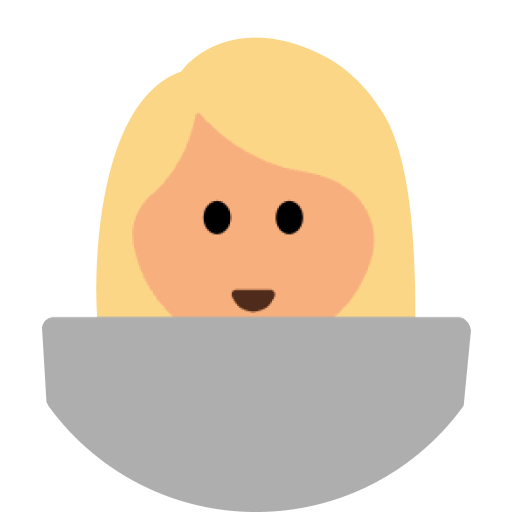
¿Por qué dice "await" en vez de "wait" aquí?

Respuesta de un hablante nativo
Rebecca
"Await" se utiliza aquí porque el término "await" debe tener un objeto directo a su lado, mientras que "wait" no necesita el objeto directo. Aquí, el objeto de "await" es "you". "Await" también es más formal que "wait" y se utiliza en registro formal. Sin embargo, "wait" es una palabra más común que "await". En el inglés moderno la frase sería: "Your husband is waiting for you in the bedroom". Aquí tienes algunos ejemplos en los que se utilizan "await" y "wait": Ej: "I'll be awaiting your phone call. ("Awaiting" is used because the object "phone call" is attached to it)" (Estaré esperando tu llamada. [Se utiliza "awaiting" porque lleva el objeto directo "tu llamada".]) Ej: "I have been waiting. ("Waiting" is used because it does not have an object attached to it)" (He estado esperando. [Se utiliza "waiting" porque no hay objeto directo.])

